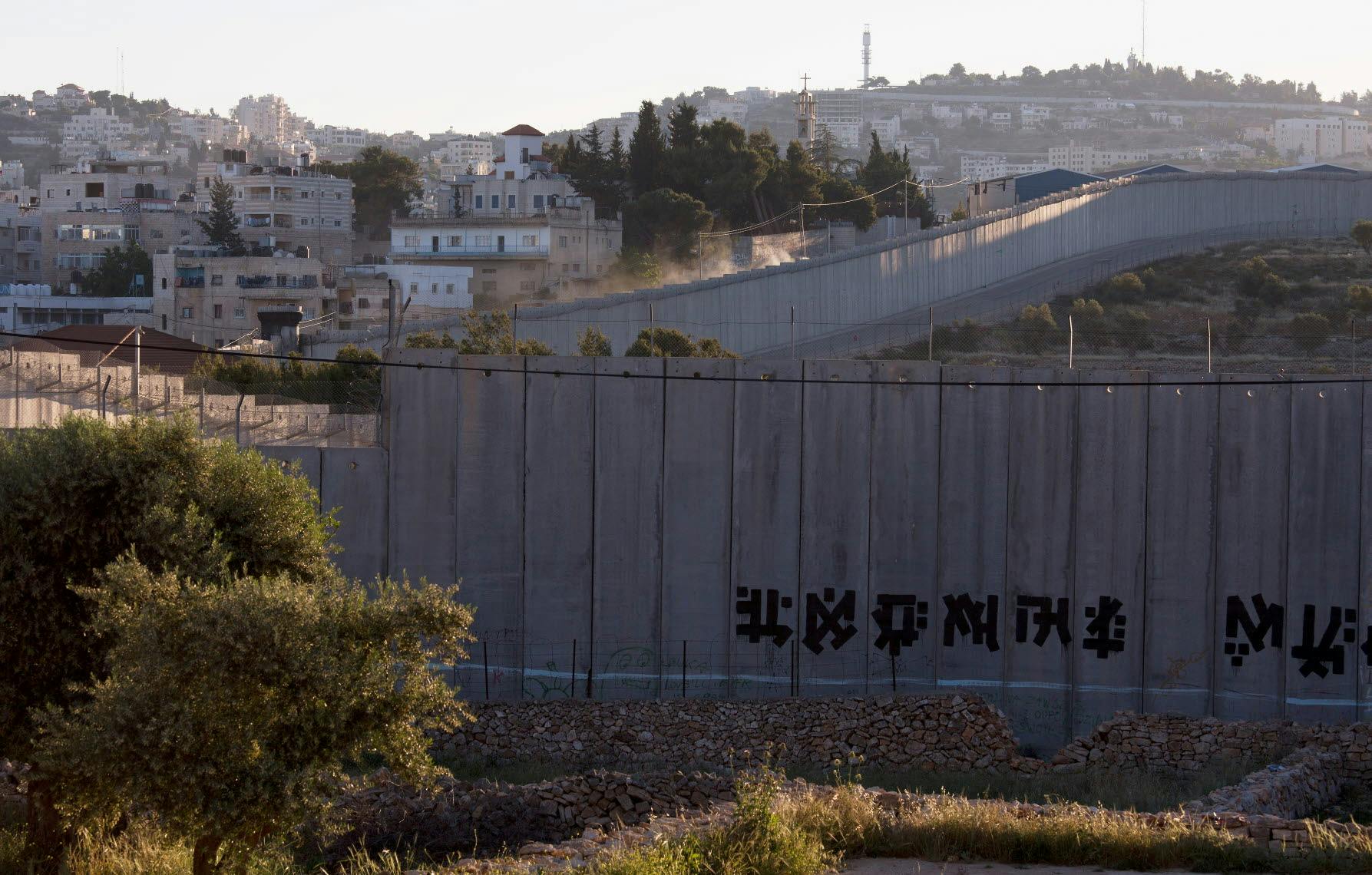
Discrimination in Israel-Palestine
31 May 2021This thematic note focuses on discrimination in the Palestinian-Israeli context, including in the recent tensions and violence. It looks at discriminatory policies and practices of Israel in the occupied Palestinian territory (oPt) and in its own territory, and analyses them in view of its obligations under international humanitarian law (IHL) and international human rights law (IHRL).
Discrimination implies any distinction, exclusion, restriction or preference which is based on any ground such as race, colour, sex, language, religion, political or other opinion, national or social origin, property, birth or other status, and which has the purpose or effect of nullifying or impairing the recognition, enjoyment or exercise by all persons, on an equal footing, of all rights and freedoms.
Groups affected
Discriminatory policies and practices of Israel target groups based on factors such as their actual or perceived race, ethnicity, religion, or political opinion; these include notably Palestinians in the oPt, including East Jerusalem annexed by Israel in breach of international law, and Palestinians in Israel.
Areas of concern
Practices of Israel have been problematic from the standpoint of the obligations not to discriminate (e.g., through its organs, such as security forces or military), but also to play an active role to prevent and repress practices of private persons and groups, including those motivated by hatred, and in any event not to collaborate, aid and support, incite or encourage such activities. Authority exercised by Israel in the oPt as the temporary administrator or in its own territory, including its obligation to maintain and restore law and order and ensure civil life in the oPt, appear to have been informed by bias against groups affected, as opposed to assessments of actual threats posed by specific individuals.
Property rights, evictions and forcible transfer of groups affected: Palestinians have been displaced and forced to leave their homes through legislative, administrative and judicial processes that enabled Jewish Israelis to reclaim their lost property but prevent Palestinians from doing so.
Excessive use of force against groups affected: Authorities have used excessive force, including live ammunition, against affected groups that resulted in death and injury.
Impunity for violence against groups affected: Authorities have turned a blind eye to or otherwise failed to adequately respond to instances of violence against affected groups by private persons, including Israeli settlers in the oPt, and on several occasions resorted to such violence side-by-side.
Arbitrary arrests and detentions: Security and military personnel have widely resorted to arrest and detention of persons belonging to affected groups without legal basis and appropriate procedural safeguards, including individualised assessment, while failing to use deprivation of liberty as a measure of restraint in comparable instances involving persons from other groups.
Infringements on the freedom of expression, assembly and peaceful manifestation, movement, and access to consecrated religious sites and other religious freedoms: Authorities haveimposed unlawful restrictions on various civil and political rights of Palestinians in breach of IHL and IHRL.
Non-validity of proposed or implied justifications
While not every differentiation amounts to discrimination, justifications must be reasonable and objective and particularly weighty explanations must be put forward to justify distinctions based on grounds, such as race, ethnicity, and religion. Guarantees of non-discrimination are non-derogable even in armed conflict or occupation. Therefore, reference to such situations does not serve as a blanket justification.
Download PDF

This thematic note is part of a series. For all notes and a detailed analysis
on the resurging violence and hostilities in Israel-Palestine, visit our project page.